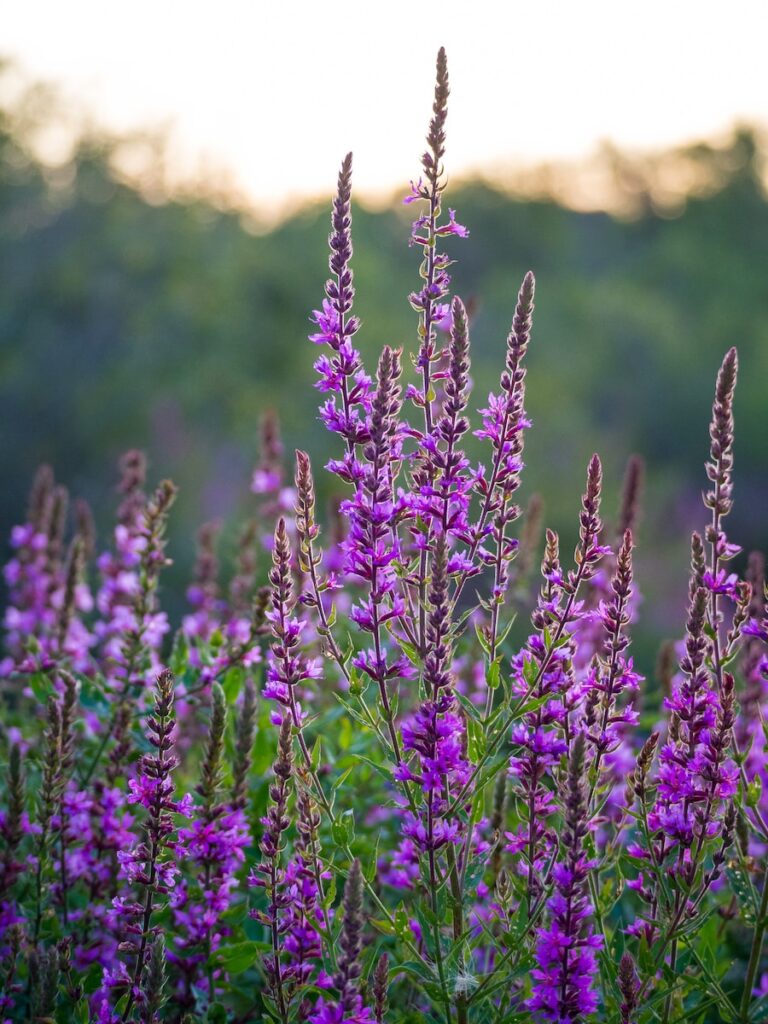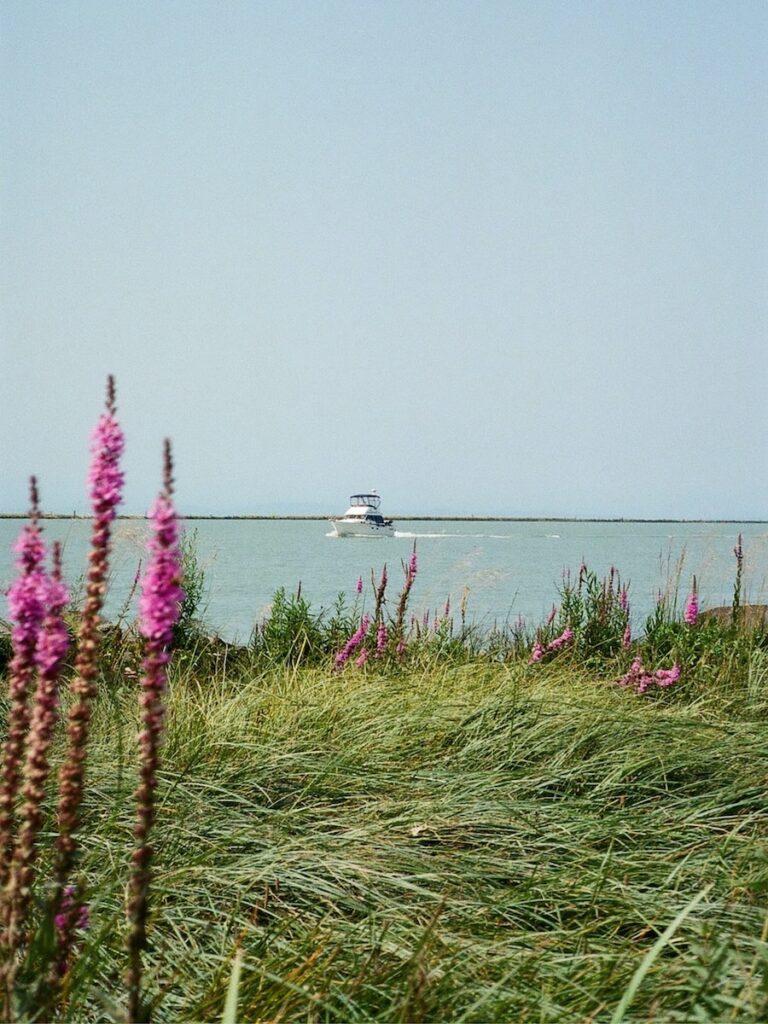Plant Nurseries Are Unintentional Accomplices in Invasive Species Spread
A recent study has shed light on an alarming trend: plant nurseries are inadvertently contributing to the spread of invasive species. This issue is becoming increasingly significant as climate change continues to alter ecosystems worldwide.
The Unseen Threat in Our Gardens
Researchers at the University of Massachusetts Amherst have discovered that plant nurseries are exacerbating the climate-driven spread of 80% of invasive species. These findings are particularly concerning as they reveal that our own gardening practices may be harming the environment.
Invasive species are plants, animals, or pathogens that are non-native to the ecosystem under consideration and cause economic or environmental harm. While not all non-native species are invasive, those that do become invasive can outcompete native species for resources and habitat, disrupt biodiversity, and even alter the physical characteristics of their new environment.
The Role of Climate Change
Climate change is not only causing native species to migrate northwards but also enabling alien species to spread in the same direction. As the climate becomes more hospitable for these invasive species, their populations can explode, leading to significant ecological damage.
The changing climate affects ecosystems and habitats, making them more susceptible to invasions. Changes in temperature and precipitation patterns can create conditions that are favorable for invasive species and unfavorable for native species.

"Remember, the next time you visit a nursery, make sure to ask about the origin of the plants you’re buying. Your choices can make a difference!"

The Impact on Native Ecosystems
Invasive species can have devastating effects on native ecosystems. Once they establish themselves in new areas, they can outcompete native plants and disrupt local fauna. This can lead to a loss of biodiversity and alter the balance of the ecosystem.
The introduction of invasive species can lead to the extinction of native plants and animals, degrade habitats, and lead to substantial economic losses. They can also pose a threat to human health, for example, by carrying diseases.
The Need for Regulatory Measures
The study highlights the need for more stringent regulatory and ethical guidelines to prevent the introduction of invasive plants. Currently, more than 60% of the 1,285 plants identified as invasive are still available for sale.
Regulatory measures could include stricter import controls, better monitoring and early detection systems, and public education about the risks associated with invasive species.
In conclusion, The findings of this study underscore the importance of responsible gardening practices and the need for increased awareness about the potential environmental impact of our choices. By choosing native plants for our gardens and being mindful of the potential risks associated with non-native species, we can all play a part in preserving our planet’s biodiversity.
Remember, the next time you visit a nursery, make sure to ask about the origin of the plants you’re buying. Your choices can make a difference!
